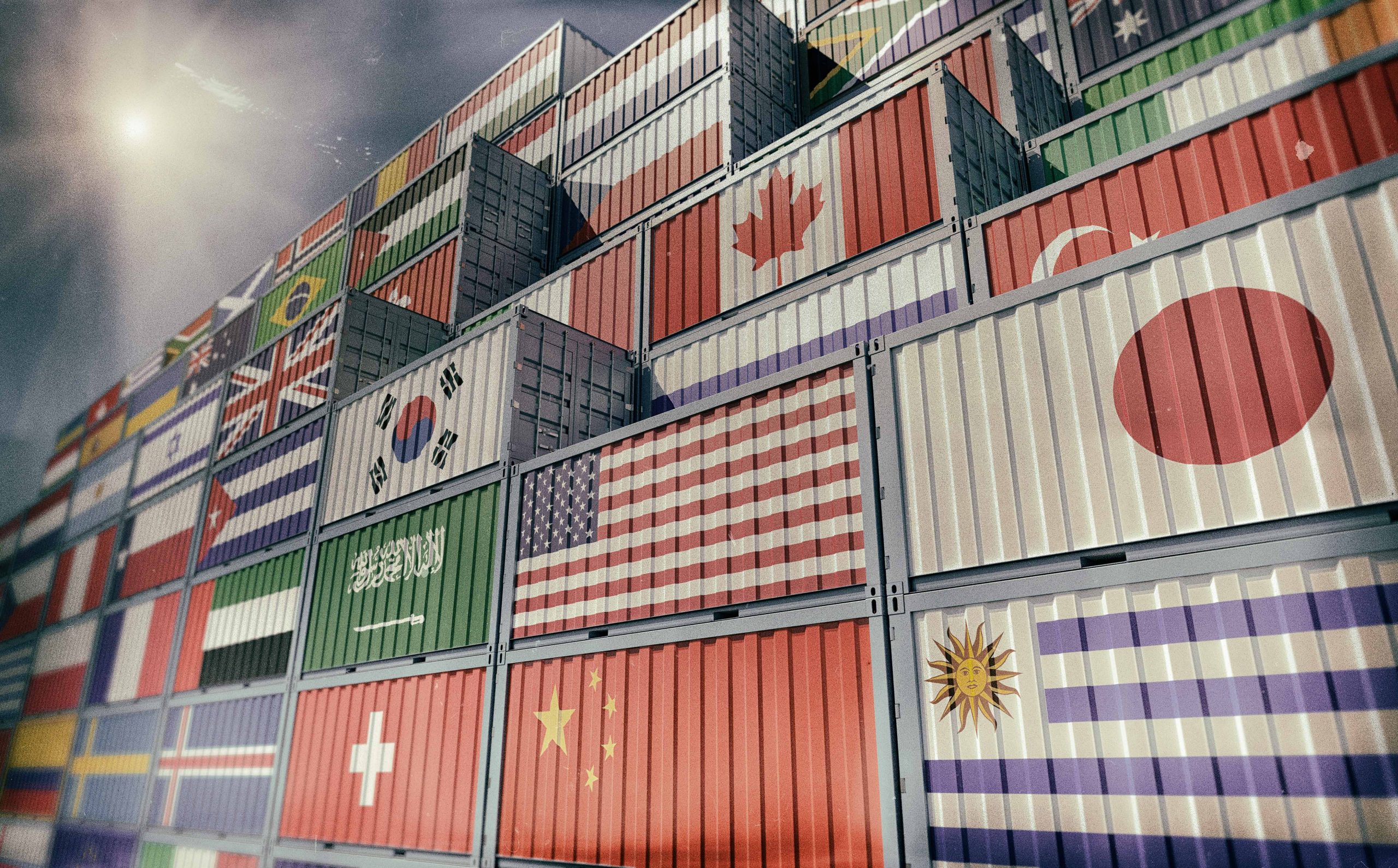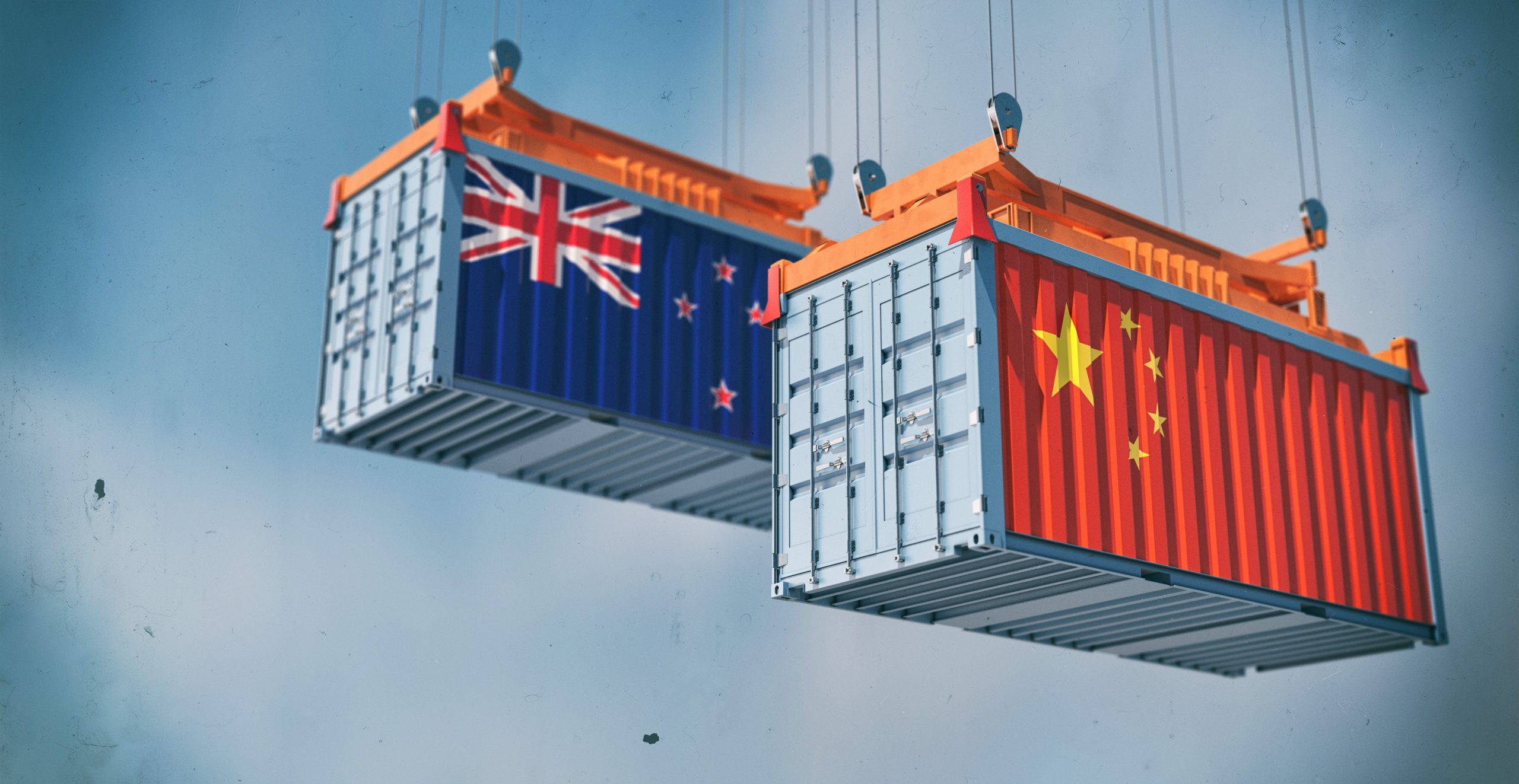Titanium ore market in Nigeria
What You Need To Know About The Titanium Ore Market in Nigeria.
The titanium ores market in Nigeria has had a steady growth in recent years. The demand for titanium metal and titanium oxide is steadily increasing due to the growing applications of the material.
Titanium is a transition metal and has low reactivity with most other elements and compounds; it is resistant to corrosion, both by water and by air, as well as many acids. Titanium ores, which are used for different purposes such as steel production or fabrication of aluminum alloys, are essential for these applications.
It’s important to know the demand of this market so that you can invest accordingly. Here we will show you how to read the graphs and tables that will help you understand this market better.
Introduction to Titanium
and Titanium Ore
Titanium is a transition metal and has low reactivity with most other elements and compounds; it is resistant to corrosion, both by water and by air, as well as many acids.
Titanium ores, which are used for different purposes such as steel production or fabrication of aluminum alloys, are essential for these applications. There are three types of titanium ores:
1) Rutile ore: This type of ore contains titanium oxide and iron oxide minerals.
2) Ilmenite ore: This type of ore contains iron and titanium oxide minerals.
3) Sphene (titanite) ore: This type of ore contains titanium dioxide and silica minerals.
The Demand for Titanium
Ores
The demand for titanium ores has increased steadily over the past few years. The demand for titanium metal and titanium oxide, which are obtained from these ores, is steadily increasing because of the growing applications of the material.
Titanium is a transition metal that has low reactivity with most other elements and compounds; it is resistant to corrosion, both by water and by air, as well as many acids. Titanium ores are essential for different purposes such as steel production or fabrication of aluminum alloys. It’s important to know the demand of this market so that you can invest accordingly. We will show you how to read graphs and tables to better understand this market.
How to Read the Graphs and Tables
You can use diagrams and tables to better understand the market. The table below is showing you how much titanium ores Nigeria imports from various countries.
The table shows that in 2015, Nigeria imported 888,906 metric tons of titanium ore from China and Canada. In 2016, imports from China decreased significantly to 475,491 metric tons while imports from Canada increased by around 11 percent to 803,905 metric tons.
This diagram shows you how titanium ores imports have changed across years:
*2015: Nigeria imported 1.7 million metric tons of titanium ores
*2016: Nigeria imported 1.6 million metric tons of titanium ores
*2017: Nigeria imported 1.3 million metric tons of titanium ores
The diagram also shows you other countries that import this material such as the United States and the Netherlands which are importing less than 500,000 metric tons each year respectively.
Conclusion
The graph to the right illustrates how titanium demand is changing in Nigeria.
Nigeria is the second-largest producer of titanium ore in the world, with an annual production of 10,000 tons.
It’s no surprise that the country is experiencing a rise in demand for titanium, because it’s being used in so many different industries.
Titanium is being used in industries such as aerospace, mobile phones, and medical devices.
Nigeria’s demand for titanium is expected to rise in the coming years.








LEAVE A COMMENT
You must be logged in to post a comment.